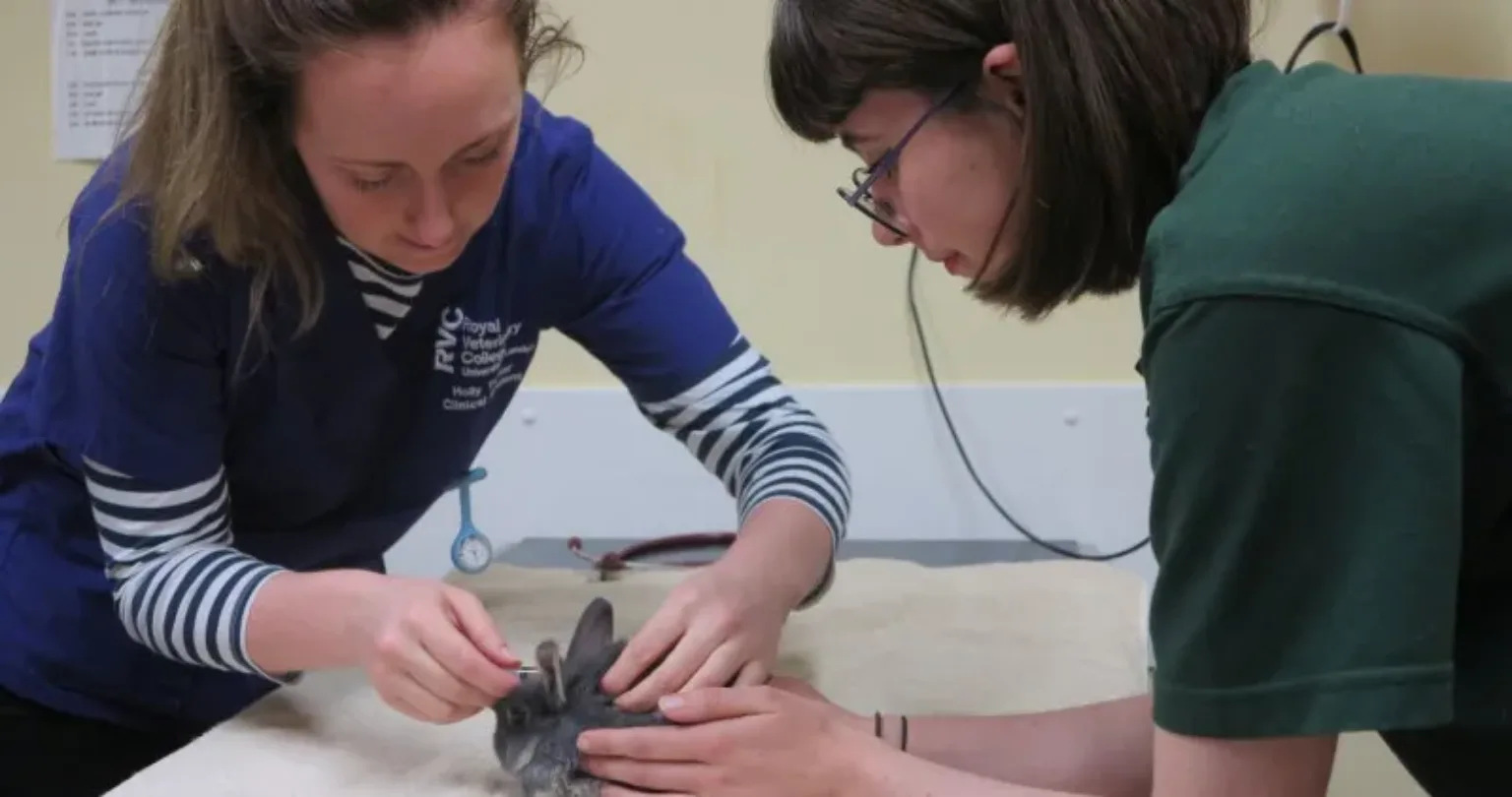When it comes to pets, we've all got questions
Ever feel like your pet is from another planet?


Woodgreen’s community support manager, Chris Bennet is here to answer the questions he regularly gets asked about vaccinations and shares his top tips.
Vaccinations are a very important part of pet ownership. Making sure your furry friends are up to date with their vaccinations is one of the best ways of protecting them from infectious diseases.
During lockdown, pet owners had limited access to non-essential veterinary care and now we’re facing a cost of living crisis which is putting a financial strain on owners which means pets don’t have the immunity they need.
Both pets and people are at risk of catching infectious diseases and the symptoms can either be mild or in some instances, life-threatening. The good news is that vaccines are there to prevent or reduce the risk of disease, helping our pets to live healthy and fulfilling lives.
A pet that’s been vaccinated is more likely to be protected from diseases that could make them seriously ill or be fatal. It’ll save you a costly bill from the vets to treat and will prevent the disease being passed onto humans. Preventing illness through vaccinations is cheaper, easier and safer than treating symptoms and potentially compromising our pets’ health.
The majority of dogs, cats and rabbits all need vaccinations as these pets all come into contact with other pets or are exposed to outdoor environments. The UK pet population is much higher than it was a couple of years ago, and therefore more likely to come into contact with other pets and risk catching something nasty. Even if your pet doesn’t go outside, it’s worth knowing that we can carry diseases indoors and transfer them to our pets.
The ideal time to get your pets vaccinated is when they’re young. This will give them the best chance of immunity. Young pets are most vulnerable to diseases, so early vaccination helps them to build better immunity for the rest of their lives. Typically, cats and dogs are vaccinated at around eight weeks of age, and rabbits from four weeks old.
Most pets will then need yearly boosters to top up their immunity. To find out the best schedule for your pet based on their species, age and vaccination history, get in touch with your vet.
For puppies and kittens, their first course of vaccinations costs around £75, with annual boosters coming in slightly cheaper. We recommend contacting your vet to discuss costs, as many offer payment plans that allow you to spread the cost. Just remember, vaccinations will always cost less than treating a sick pet.
We highly recommend shopping around for a vet that suits your budget. You can be registered with more than one vet, so it’s worth speaking to your local practice about the different options available. Make sure to ask about available payment options and preventative healthcare plans. When thinking about getting a new pet, please factor in the cost of vaccination and other preventative treatments (like flea and worming) to protect your pets, and also your wallets in the long run.
For trusted advice on all aspects of pet ownership, visit our pet advice or contact the team at Woodgreen for free support.